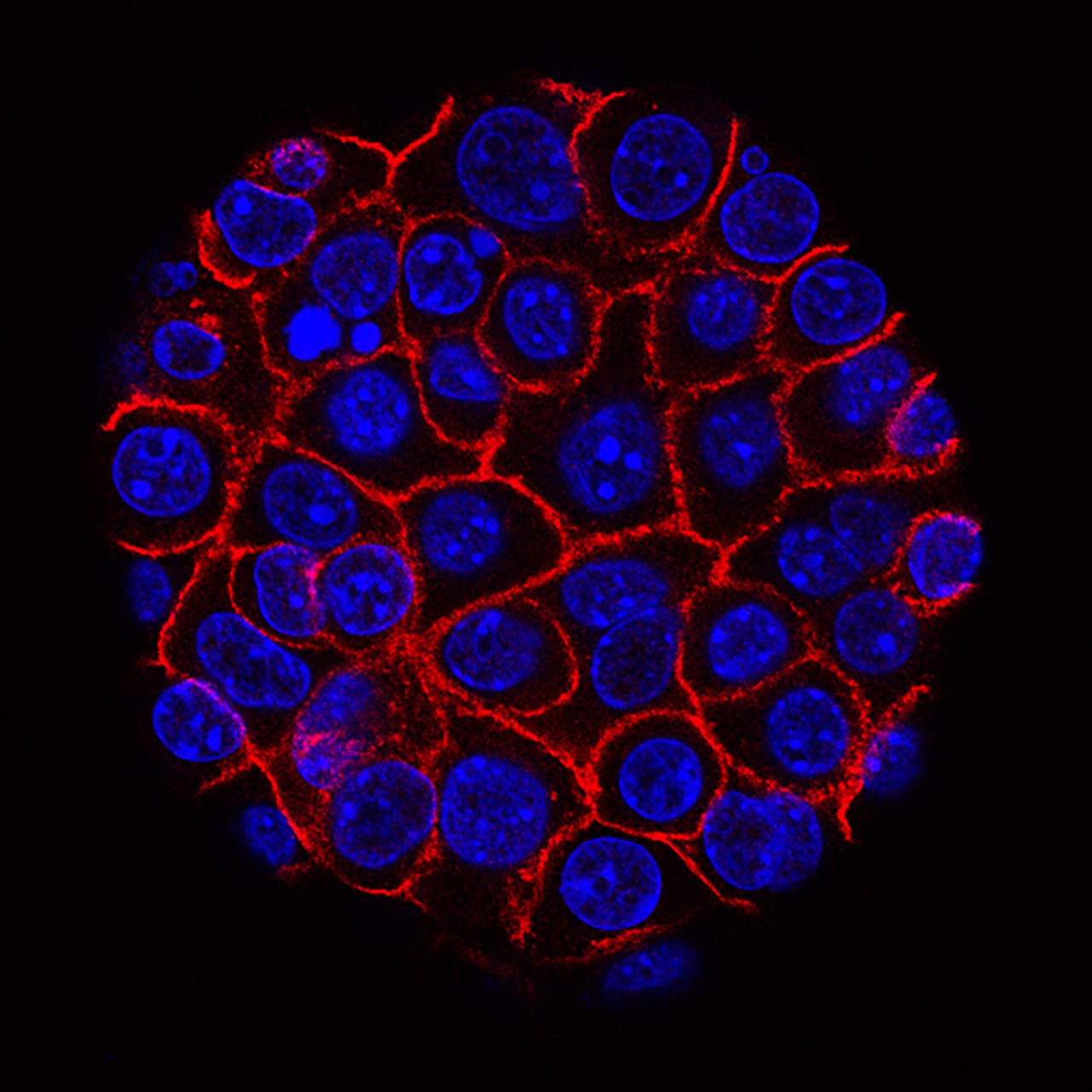
U.S. News: Could gut microbes affect pancreatic cancer survival?
U.S. News and World Report highlighted recent research from the University of Cincinnati Cancer Center that found several enriched species associated with enhanced tumor immune response in the microbiomes of long-term pancreatic cancer survivors.
“Little information exists to help us understand why some patients are cured from pancreatic cancer and unfortunately most are not,” said Jordan Kharofa, MD, University of Cincinnati Cancer Center physician-researcher and associate professor in the UC College of Medicine’s Department of Radiation Oncology. “These species may help to promote immune response to pancreas cancer but this has not yet been proven.
“There is a growing understanding that the microbiome is a part of the normal immune response. The importance of the microbiome in response to immunotherapy drugs in melanoma and other cancer types is well established,” Kharofa continued. “For the first time we are seeing that similar species are enriched in patients cured from pancreas cancer. We’re excited to explore this further and to evaluate if modulating the microbiome can be a therapeutic avenue in these patients.”
Read the U.S. News and World Report story, originally published by HealthDay.
Read coverage of the research from Healio.
Featured photo at top of pancreatic cancer cell courtesy of the National Cancer Institute.
Related Stories
Physics World names UC, Cincinnati Children's study among top 10 Breakthroughs of 2022
December 8, 2022
Physics World recognized the University of Cincinnati's first-in-human trial of FLASH radiotherapy as one of the Top 10 Breakthroughs of the Year for 2022.
Media highlight UC's FLASH radiotherapy trial
October 25, 2022
National media outlets highlighted the results of the first-in-human trial of FLASH radiotherapy, led by University of Cincinnati Cancer Center researchers.
U.S. News: Could gut microbes affect pancreatic cancer survival?
April 6, 2023
U.S. News and World Report highlighted research led by the University of Cincinnati's Jordan Kharofa that found several enriched species, associated with enhanced tumor immune response, in the microbiomes of long-term pancreatic cancer survivors.
